Is an Epidemiologist a Doctor?

Understanding the Role of an Epidemiologist
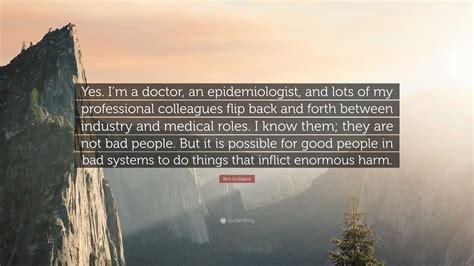
The field of epidemiology is a crucial aspect of public health, focusing on the study of diseases, their causes, and how they spread. Epidemiologists play a vital role in investigating and analyzing health trends, risks, and outcomes, which often leads to the development of strategies for disease prevention and control. A common question that arises is whether an epidemiologist is considered a doctor. To answer this, let’s delve into the profession and its requirements.
Education and Training

Epidemiologists typically hold a graduate degree in epidemiology or a related field, such as biostatistics, environmental health, or health education. While some epidemiologists may hold a medical degree (M.D. or D.O.), it is not a requirement for the profession. A Master’s degree in epidemiology (M.P.H. or M.S.) or a Ph.D. in epidemiology is often sufficient for most positions.
Key Responsibilities
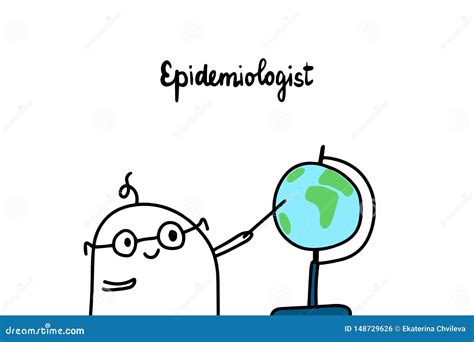
The primary responsibilities of an epidemiologist include:
- Investigating the causes and spread of diseases
- Collecting and analyzing data related to health trends and outcomes
- Developing and implementing studies to better understand disease patterns
- Collaborating with healthcare professionals, policymakers, and other stakeholders to develop strategies for disease prevention and control
- Communicating findings and recommendations to the public, policymakers, and healthcare professionals
Comparison to Medical Doctors
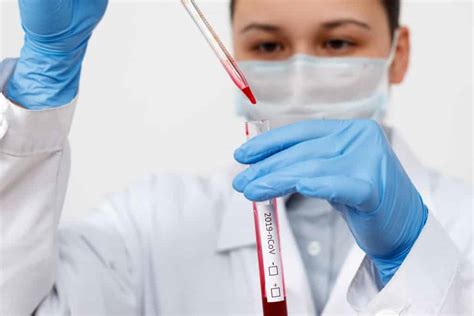
While epidemiologists may work closely with medical doctors, their roles and responsibilities differ. Medical doctors (M.D.s or D.O.s) are trained to diagnose and treat individual patients, whereas epidemiologists focus on understanding and addressing population-level health issues.
| Characteristics | Epidemiologist | Medical Doctor (M.D. or D.O.) |
|---|---|---|
| Education | Graduate degree in epidemiology or related field | Medical degree (M.D. or D.O.) |
| Focus | Population-level health issues | Individual patient care |
| Responsibilities | Investigating disease causes and spread, analyzing data, developing studies | Diagnosing and treating patients, prescribing medications |
| Work Environment | Government agencies, research institutions, academia | Hospitals, clinics, private practices |
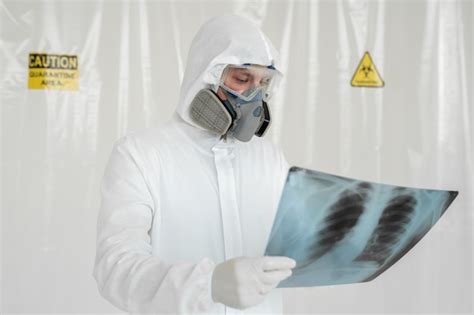
Can Epidemiologists Diagnose and Treat Patients?

Epidemiologists without a medical degree are not licensed to diagnose or treat patients. Their expertise lies in understanding and addressing population-level health issues, rather than providing individual patient care. However, epidemiologists with a medical degree may be qualified to diagnose and treat patients, but their primary role is still focused on epidemiology.
💡 Note: Some epidemiologists may hold a medical degree, but it is not a requirement for the profession.
Conclusion
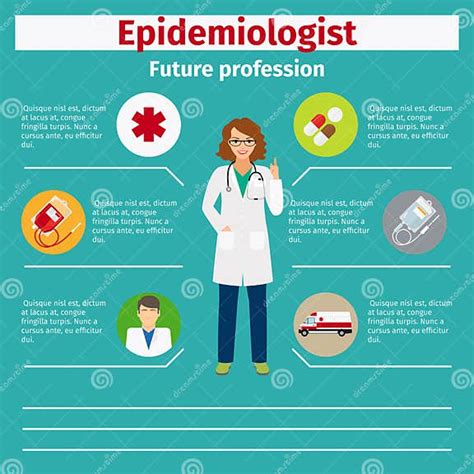
In summary, an epidemiologist is not necessarily a doctor, as the profession does not require a medical degree. While some epidemiologists may hold a medical degree, their primary focus is on understanding and addressing population-level health issues, rather than providing individual patient care. Epidemiologists play a crucial role in public health, and their expertise is essential for developing strategies for disease prevention and control.
What is the primary focus of an epidemiologist?

+
The primary focus of an epidemiologist is understanding and addressing population-level health issues, rather than providing individual patient care.
Is a medical degree required to become an epidemiologist?
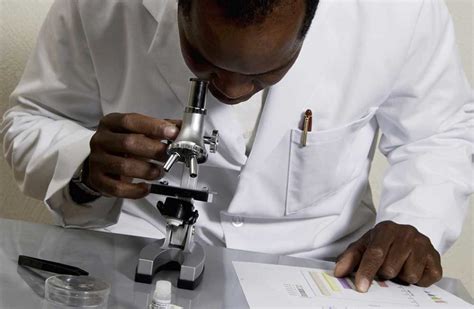
+
No, a medical degree is not required to become an epidemiologist. A graduate degree in epidemiology or a related field is often sufficient.
Can epidemiologists diagnose and treat patients?

+
Epidemiologists without a medical degree are not licensed to diagnose or treat patients. However, epidemiologists with a medical degree may be qualified to diagnose and treat patients.



